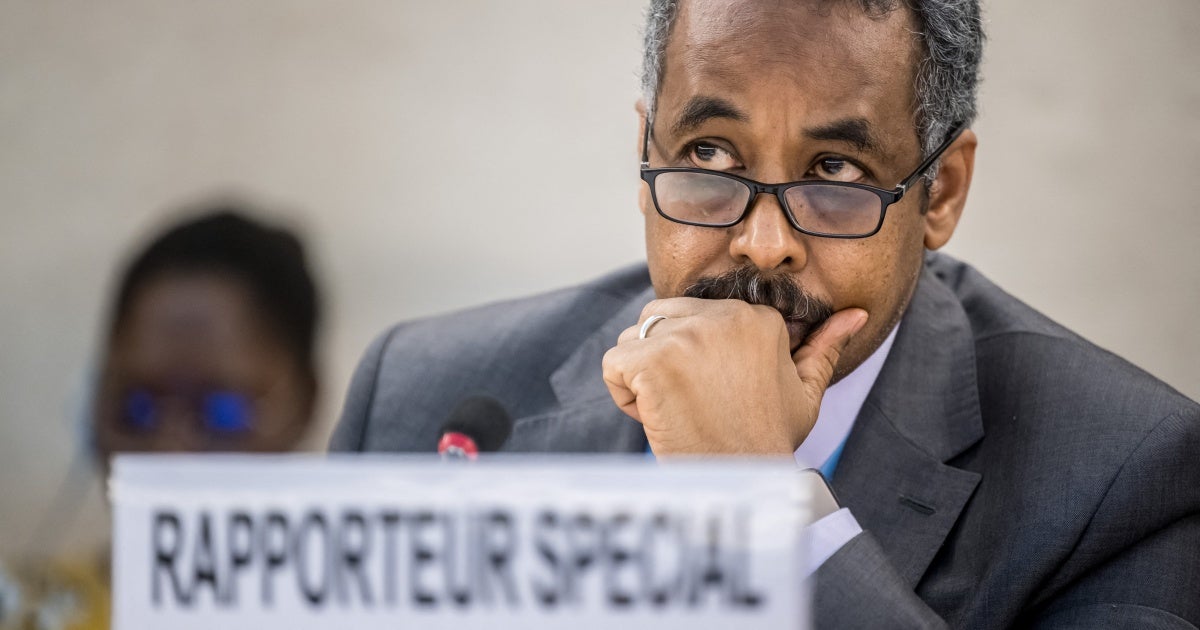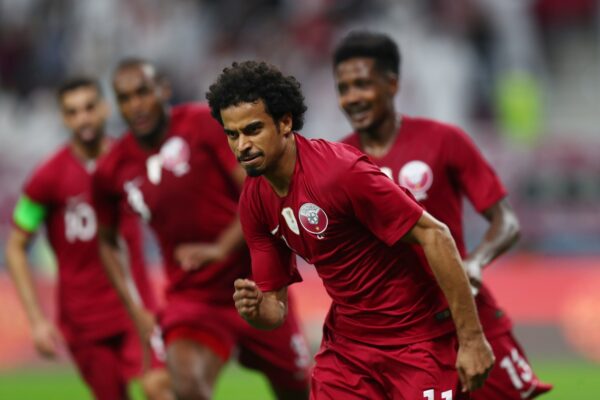Eritrea: A Nation in Transition and Its Current Affairs

Introduction
Eritrea, located on the Horn of Africa, has attracted international attention due to its complex political landscape and humanitarian issues. This small but strategically significant country, bordering the Red Sea, has a rich history and a diverse population. Understanding Eritrea’s current events is crucial as they not only shape the lives of its citizens but also influence broader regional stability.
Current Political Climate
As of 2023, Eritrea remains under the authoritarian rule of President Isaias Afwerki, who has been in power since the nation gained independence from Ethiopia in 1993. The political environment is characterised by a lack of democratic freedoms, with political opposition and independent media facing severe repression. Reports from various human rights organisations, including Amnesty International, indicate a heightened crackdown on dissent, resulting in arbitrary detentions and human rights abuses.
Humanitarian Situations
Recent assessments show that Eritrea is grappling with significant humanitarian challenges, including food insecurity and limited access to basic services. The prolonged drought and economic mismanagement have exacerbated issues of poverty and malnutrition. The UN has reported that approximately 40% of the population faces urgent food shortages, prompting calls for international assistance and intervention.
Geopolitical Dynamics
Eritrea’s strategic location has led to increased interest from regional powers, notably Ethiopia, Sudan, and Gulf states. Following a peace agreement with Ethiopia in 2018, hopes for improving bilateral relations emerged, yet tensions remain over territorial and economic disputes. Additionally, Eritrea’s involvement in the conflict in Tigray has attracted criticism from various international agencies, raising concerns about its implications for regional peace and security.
Conclusion
The situation in Eritrea is complex and evolving. While there are signs that regional dynamics may be shifting towards greater cooperation, the internal challenges of governance and humanitarian needs remain pressing. The international community plays a critical role in supporting Eritrea through humanitarian aid and diplomatic engagement. As we look towards the future, understanding Eritrea’s developments will be key to grasping the intricate web of relations in the Horn of Africa and fostering a more stable and prosperous region.
You may also like

The UKIP Party: Recent Developments and Future Outlook

Qatar’s Growing Influence in Global Affairs

Wales Online: Your Go-To Source for Welsh News
SEARCH
LAST NEWS
- Remembering Wendy Richard: The Promise to Co-Star Natalie Cassidy
- How Did Anglian Water Achieve an ‘Essentials’ Rating for Mental Health Accessibility?
- Shai Hope Leads West Indies in T20 World Cup Clash Against South Africa
- What We Know About Weston McKennie: Future at Juventus and Past at Leeds
- What We Know About the Upcoming Live Nation Antitrust Trial